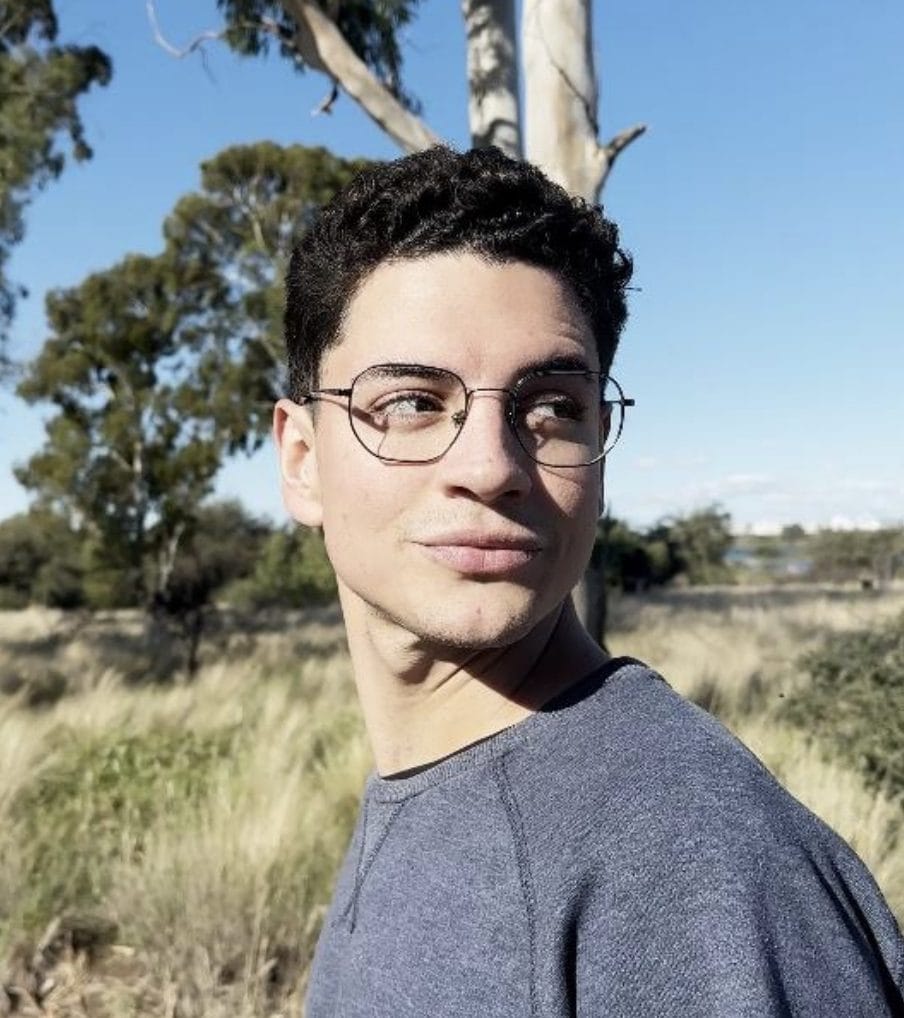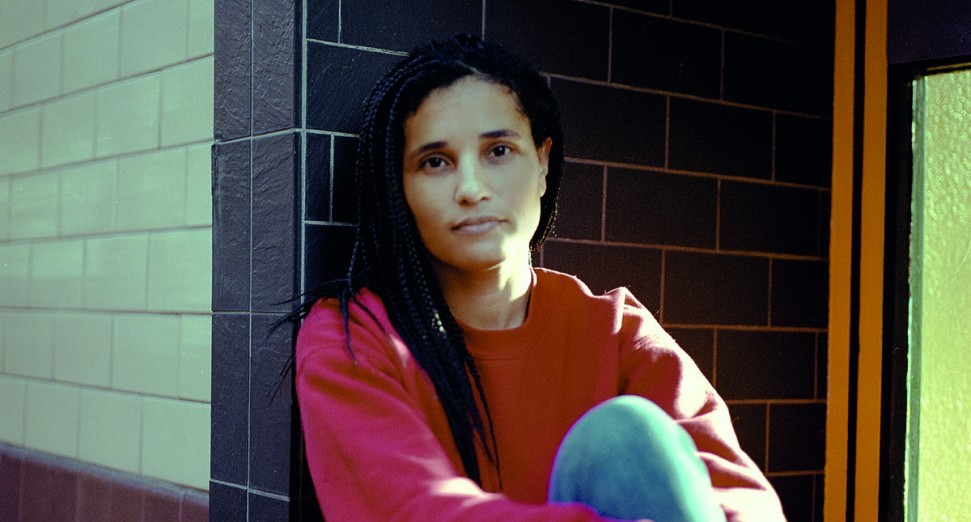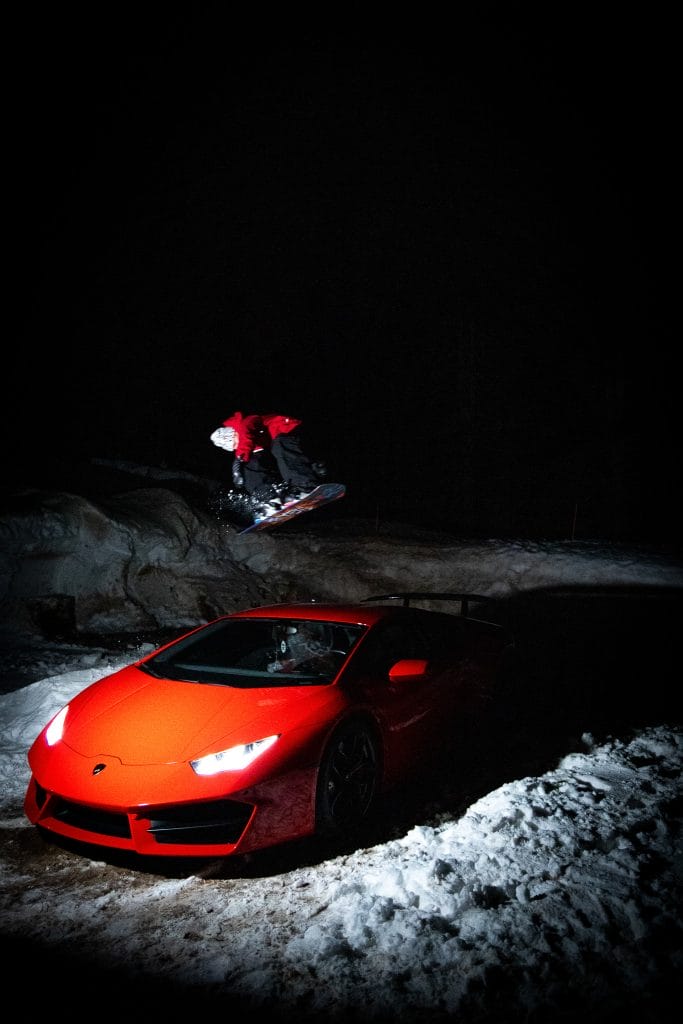
Marian (AR) on Building Creative Flow Outside the DAW
The All Day I Dream Spring Sampler has a way of bottling seasonal energy without overstating it—sunlight on wood floors, distant windchimes, a track that doesn’t rush you. Argentine producer Marian (AR) contributes one of the compilation’s most meditative moments with “Obsidian”—a warm, quietly mysterious cut that feels as personal as it does precise.
Airy, textured, and just a bit shadowed around the edges, the track showcases his ability to sculpt space and feeling with minimalism and depth.
Beyond his work as a producer, Marian is also a sound designer and music educator.
Balancing creative output with structure, routine, and restoration is part of the rhythm of his life—and in this interview, he opens up about what helps his keep that rhythm steady, even when the schedule fills up. We spoke with his about routines, pacing, and why walking is one of his most important studio tools.
What does your ideal creative week look like?
My ideal creative week strikes a balance between focused time in the studio and moments spent outside, connecting with nature and loved ones. I spend a lot of time behind the computer — producing music, teaching, and running various music-related projects — so it’s easy to get stuck “in the cave.”
To keep my creative energy flowing throughout the week, I make it a priority to:
- Exercise regularly
- Eat well
- Spend time in nature
- Bond with my pets
- Stay connected with friends and family
That balance is essential for staying inspired and avoiding burnout.
How do you pace yourself across multiple days or sessions?
Whenever I start a new project, I try to break it down into smaller, manageable tasks. I write them down in a planner and cross them off as I go. This helps me stay aware of my progress and gives me permission to take breaks — which is important, as I tend to be very self-critical. Seeing the progress visually also brings a sense of accomplishment.
The first part of my creative process is usually very relaxed and intuitive. But once the idea takes shape, I shift into a more structured mindset and plan the next steps using this task-based approach.
When do you create space for rest vs. output?
It depends on the day — rest shows up at different times depending on how things flow. During the week, I usually like to work early in the morning or in the afternoon. The evening and midday break (like a siesta) are my usual moments to relax and disconnect — even though it’s often hard to fully switch off from all my ongoing projects.
What’s one thing you always make time for, no matter what?
One thing I always make time for is walking — especially in nature or visually stimulating environments, even in big cities. Visual landscapes have always inspired me creatively, and in my artistic work, I try to reflect that through sound — crafting sonic landscapes that are subjective and open to interpretation.
That’s why every day, I set aside time to go out and absorb the visual and emotional stimuli of my surroundings. It keeps me connected, inspired, and grounded.
Have you ever designed your life around your creative window?
Besides making music as Marian (AR), I also teach music production and work as a sound designer. Creativity is a constant part of my daily routine, but that can sometimes make it challenging to reserve enough energy for my own musical projects.
Still, whenever I find a free moment, I try to use it to create or explore ideas for my personal music. Even small windows of time can lead to meaningful progress when used with intention.
What’s your relationship to weekends, time off, or blocks of silence?
I find it hard to fully disconnect or take mental time off, especially since I’m currently involved in several music-related projects. Even on weekends, it can be difficult to truly relax.
That said, I make the most of any social time with friends or family, moments with my pets, or time spent in nature — those are the spaces where I genuinely disconnect from work. I probably need to start meditating too, haha…
How do you avoid burnout with a high output?
On days when I have too much on my plate, I know that pressure can actually reduce my productivity. So I try to break down the heavy workload into task lists — that way, everything feels more manageable. I focus on taking it step by step, rather than stressing about the final result.



